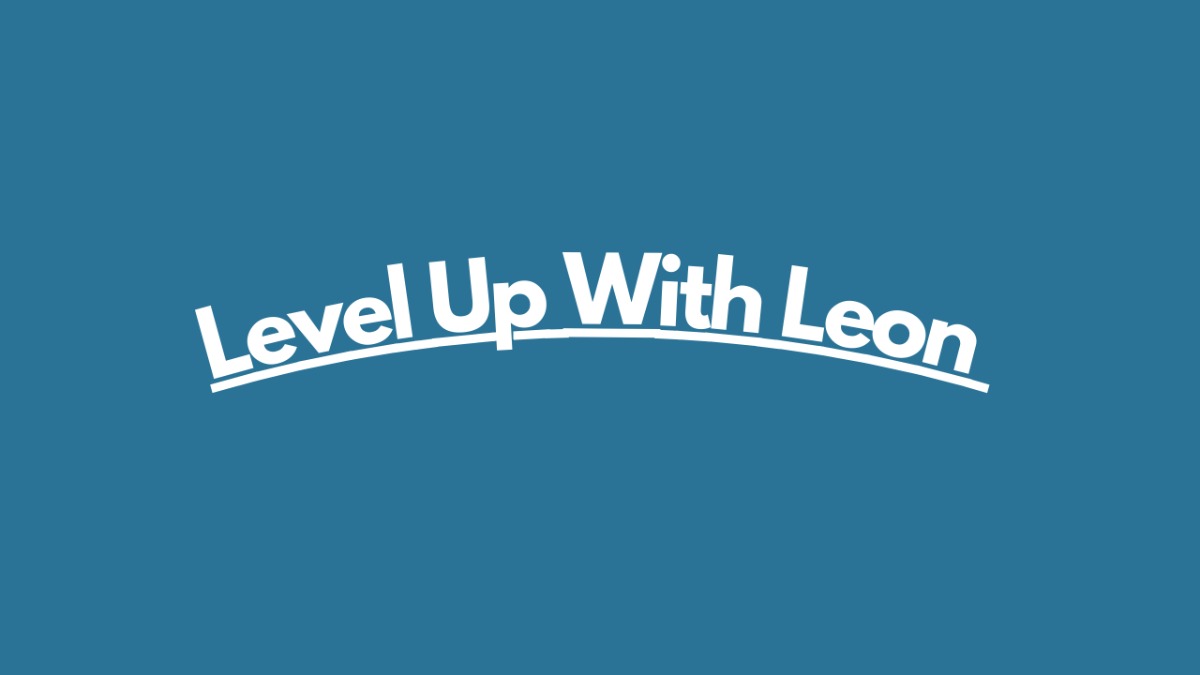Elimination Vs Coping: Mastering ADHD For The Long Haul
Sep 20, 2024 1:00 pm
By clicking on and reading this email, you’ve shown yourself that you’re willing to take that first step forward. I’m going to share some more practical information very soon so you can capitalize on that willpower.
But before that, I want to help you set some healthy expectations so you don’t do too little while also avoiding doing too much too soon (which is really common for ADHD’ers).
Finding a happy medium is key to keeping the ball rolling after the first kick.
When it comes to dealing with the symptoms of ADHD, I think it’s important we understand the difference between coping with and trying to eliminate the issues we face each day.
The truth is we cannot eliminate our symptoms; we can only cope with them.
Many of us are mistaken when we think that, to be “better,” we must always eliminate the things we consider unfavorable about ourselves.
This way of thinking tends to work great with something like a bad habit—typically, eliminating a bad habit is an objective sign of improvement in life.
But when it comes to a mental health condition like ADHD, many things we deal with as a result of the faulty wiring in our brains are not in our control.
However, that doesn’t mean there’s nothing we can do about it.
There’s plenty we can do about it.
When we choose to make the best out of something we can’t control, that’s when we start coping with our ADHD.
When we cope effectively, we can dramatically shift how much our condition negatively affects our day-to-day lives.
Looking at it from this perspective helps us regain more control over our circumstances because it reintroduces personal responsibility in a healthy way.
Can we stop hyperfixations? No, but there are ways to direct them towards productive things.
Can we change the fact that our brains are starving for dopamine? No, but we can choose healthier and more productive sources of dopamine instead of things that destroy us.
Can we change the fact that we have mood swings on a regular basis? No, but we can develop self-awareness so that we at least have a clue what’s going on and can make adjustments to our lives and relationships as needed.
See what I mean?
There’s no stopping the challenges that come with ADHD, but we can continuously arm ourselves for the fight against it, and by doing so, we can start winning more than we lose.
Just by adopting this mindset and sense of responsibility, we can begin to change our lives for the better—permanently.
If you continue to try to eliminate ADHD from your brain, it’s only going to torture you more and more.
The reason for this is that human beings have a strange way of making things worse when they focus too hard on trying to stop being or feeling something that’s out of their control.
For example, when someone is anxious, if every time they feel anxious they just “try to stop being anxious,” it actually has the opposite effect—it just gets worse.
This is because simply telling yourself not to feel something isn’t sufficient evidence for your brain to listen and stop feeling it.
The brain thrives on action and the feedback it gains from those actions.
This is why it’s common for people with anxiety or ADHD to feel frozen when they’re anxious or overstimulated. Most of the time when this happens, they literally aren’t moving. When you don’t move and you fixate on a feeling, it just gets worse.
If, instead of being paralyzed, you just started physically moving forward, such as going for a walk (yes, literally just walking forward), your brain will pick up on that and tell itself that there actually aren’t any immediate threats.
This is how symptoms of these conditions are coped with—through action.
So as you move forward with the next 26 days of this email series, when you notice your symptoms taking a toll on you, instead of asking yourself, “How can I get rid of this?” ask yourself,
“How can I cope with this?”
I promise you that question is going to get you a hell of a lot more tangible results than the former.
Human beings thrive or die based on the story they tell themselves—the narrative they live by.
If your narrative is that of a person who is nothing but a victim of their circumstances, you will form your reality around that narrative.
But if your narrative is that of a person who is responsible and disciplined, your reality will slowly start to shift to align with that narrative.
Which narrative will you choose?
See you tomorrow
